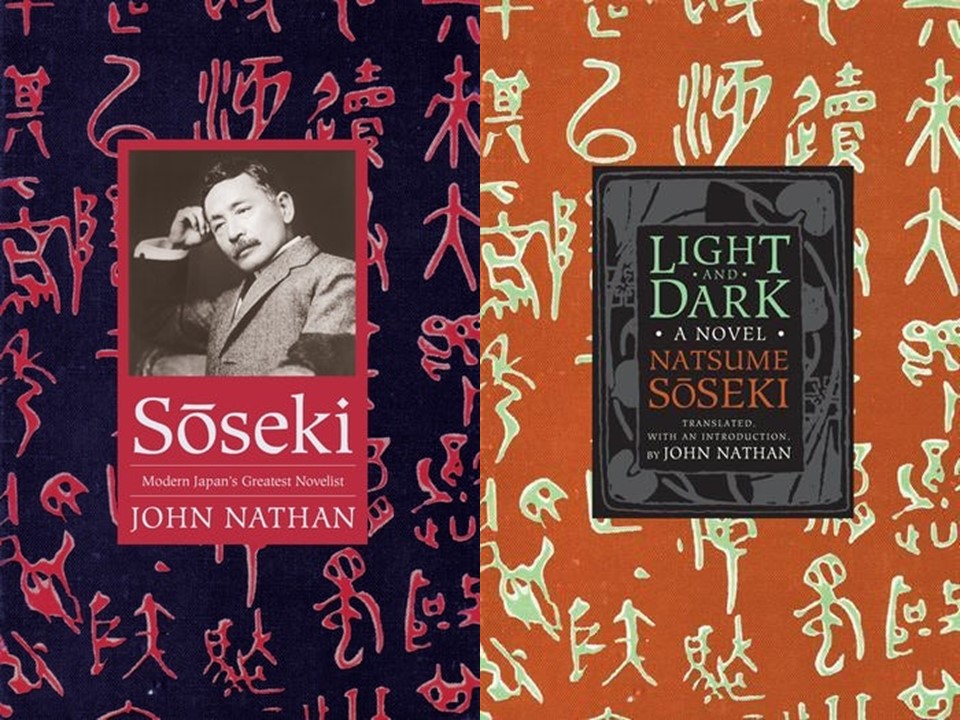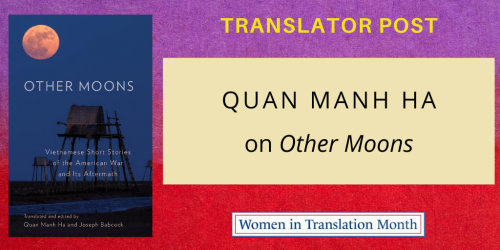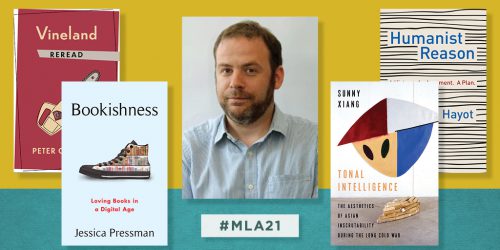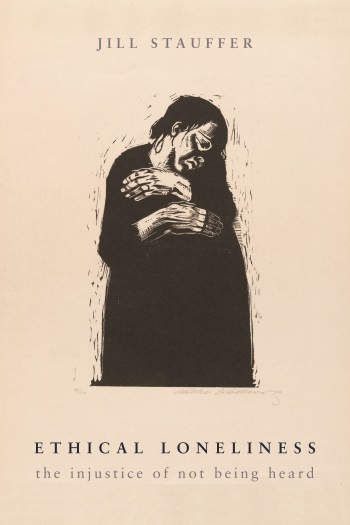New York Times and Times Literary Supplement on David Foster Wallace
Yesterday’s front page of the New York Times Book Review included a review of his final novel The Pale King and his legendary undergraduate thesis now published as Fate, Time, and Language: An Essay on Free Will.
The Times Literary Supplement also recently reviewed both books and praised Fate, Time, and Language as including “immaculate apparatus and introductory essays.” The review also pointed to the value of Wallace’s work as a philosopher:
Wallace was a formidable philosophy student, as well as an impressive junior tennis player and linguistics enthusiast; he wavered between philosophy and creative writing, to the extent that his supervisor Jay Garfield comments “I thought of David as a very talented young philosopher with a writing hobby, and did not realize that he was instead one of the most talented fiction writers of his generation who had a philosophy hobby.”
Just as his father had done, Wallace won the Gail Kennedy Memorial Prize in Philosophy at Amherst for his thesis, a refutation of Richard Taylor’s provocative essay “Fatalism” (1962). Fate, Time, and Language prints Taylor’s essay, various contemporary responses and Wallace’s essay; it also includes Garfield’s memoir of teaching Wallace, and useful introductions of the issues to orient the non-philosopher. The opening essay, “A Head That Throbbed Heartlike”, by James Ryerson, an editor at the New York Times Magazine, is an excellent summary of Wallace’s thought and writing which shows how his philosophical interests were not purely cerebral, but arose from, and fed into, his emotional and ethical concerns.







